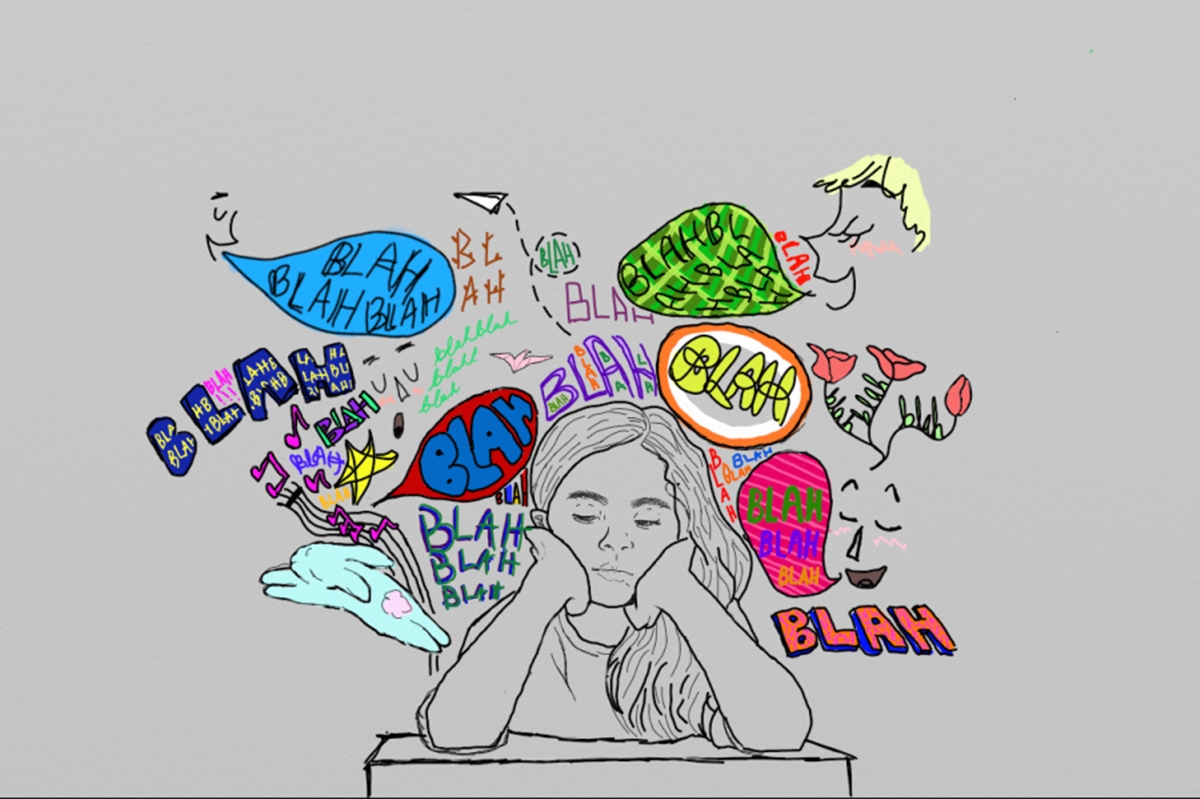Editor’s Note: This month, that is February 2021, FII and The Minor Project are looking for article submissions on the topic of Narrating…
Login to Read!
This content is restricted to site members. If you are an existing user, please log in below. Or you can can create an account here.
